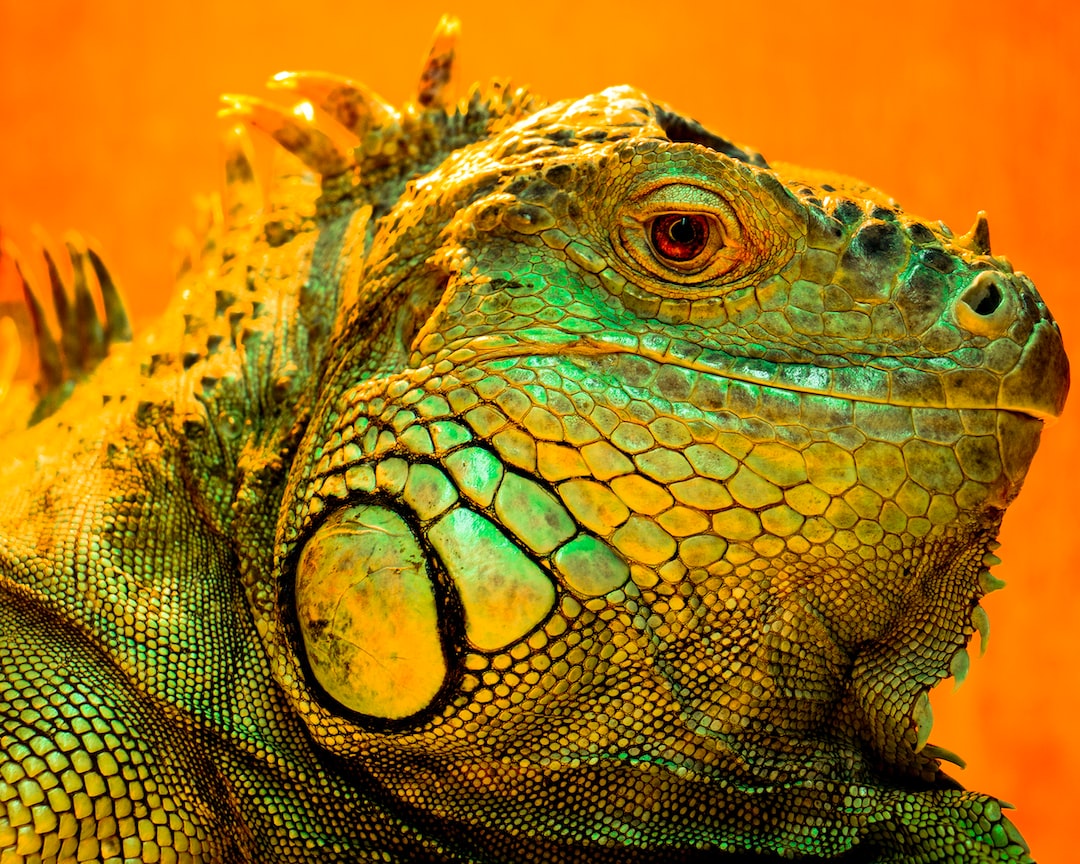The Buzz on Bees: Why These Little Insects are So Important
Bees. These tiny creatures may seem insignificant to some, buzzing around from flower to flower, but they actually play a crucial role in our ecosystem. Bees are one of nature’s most efficient pollinators, and their survival is deeply interconnected with our own. In this blog post, we will explore why bees are so important and why we should be concerned about their well-being.
First and foremost, bees are responsible for pollinating a significant portion of the world’s crops. According to the Food and Agriculture Organization (FAO), approximately 75% of the world’s food crops depend on bees and other pollinators for successful pollination. Without bees, many fruits, vegetables, nuts, and seeds would have difficulty reproducing and would eventually decline in abundance. Imagine a world without apples, almonds, or strawberries. It may be hard to envision, but without bees, these fruits and many others would become incredibly scarce.
Furthermore, bees also play a crucial role in maintaining biodiversity and preserving natural habitats. As they move from flower to flower collecting nectar and pollen, bees inadvertently transfer pollen grains between plants. This process, known as cross-pollination, leads to genetic diversity in plants, which is vital for their long-term survival. Additionally, bees contribute to the reproduction of wildflowers, ensuring their continued existence and supporting wildlife that rely on these plants for food and shelter.
In addition to their role as pollinators, bees also produce honey, which has been used as a natural sweetener and remedy for various ailments for centuries. Honey is not only delicious but also boasts numerous health benefits. It contains antioxidants, antibacterial properties, and is a natural source of energy. Without bees, we would lose this golden elixir, and many people would miss out on the unique flavor and health benefits that honey provides.
Unfortunately, bees worldwide are facing numerous threats that are impacting their populations. One of the main contributors to their decline is the widespread use of pesticides in agriculture. Pesticides, particularly neonicotinoids, can be harmful to bees, affecting their ability to navigate, forage, and even reproduce. As a result, entire colonies can collapse and eventually die off. The cumulative effect of pesticide use on bees is a genuine cause for concern, as it disrupts the delicate balance of our environment and puts food security at risk.
Another threat to bees is the loss of habitat. As urbanization expands, natural habitats are being destroyed, leaving bees with fewer places to nest and forage for food. Additionally, the increasing use of mono-cropping practices in agriculture, where large areas of land are dedicated to a single crop, limits the available food sources for bees. By destroying their habitat and limiting their food sources, we are pushing bees to the brink of survival.
So, what can we do to help protect bees and ensure their survival? There are several actions that we can take on an individual and collective level. Firstly, we can support organic farming practices that avoid the use of harmful pesticides and promote the health and well-being of bees and other pollinators. By choosing organic products, we are supporting a sustainable and bee-friendly agricultural system.
Secondly, we can create bee-friendly gardens and provide them with a safe space to forage and nest. Planting a variety of native plants and flowers that bloom throughout the seasons will ensure a steady and diverse food source for bees. Avoiding the use of chemicals or using organic alternatives in our own gardens will also contribute to their well-being.
Lastly, spreading awareness and educating others about the importance of bees can have a significant impact. By sharing information about the threats they face and the actions we can take to protect them, we can inspire others to join the cause. Encouraging local communities, schools, and businesses to take part in bee conservation efforts can make a real difference and help create a more bee-friendly world.
In conclusion, bees are much more than just buzzing insects. They are vital pollinators, supporting our food systems, biodiversity, and the planet as a whole. Their decline poses a serious threat to our own well-being. By taking action to protect bees and their habitats, we not only preserve their existence but also safeguard our own future. Let us all make a buzz about bees and show our appreciation for these incredible little creatures.

